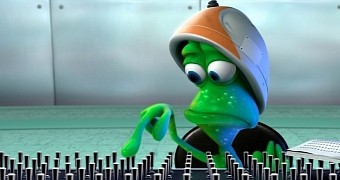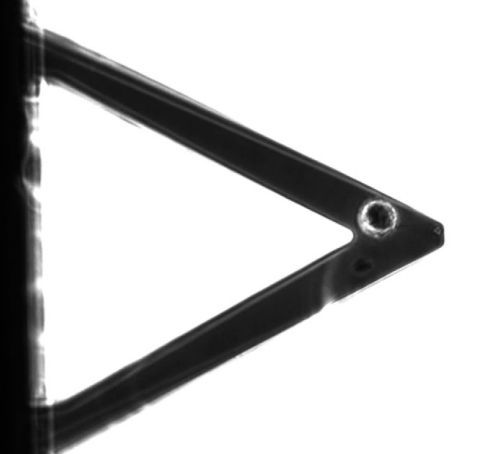Aliens might have managed to elude us for millennia now, but as it turns out, they'll soon have serious trouble keeping their presence in the cosmos a secret. Provided that they really do exist and are purposely hiding from us, that is.
Not to beat about the bush, a recent paper in the journal Proceedings of the National Academy of Sciences (PNAS) details the development of an insanely sensitive sensor that researchers believe could serve to detect the motion of alien life.
The detector is the brainchild of a team of scientists with the École Polytechnique Fédérale de Lausanne (EPFL, for short) in Switzerland, and saying that it is mind-bogglingly sensitive is not an exaggeration.
The system is so finely tuned it can isolate and pin down vibration signatures produced by individual cells that are either moving around on a surface or just sitting around minding their own business and carrying out normal biological functions.
Testing the device on terrestrial lifeforms
In their paper in the journal PNAS, the scientists behind this project detail that their device is basically a freakishly small motion detector. More precisely, they describe it as a nano-sized cantilever.
The device comprises a teeny tiny beam that is anchored at one end and loose at the other. Whatever organisms decide to go about exploring it cause it to vibrate and these signals are picked up and interpreted as a sign of life.
Having created this device, the EPFL scientists tested it with the help of bacteria, yeast, mouse and human cells. They say that, on each occasion, the system accurately detected the presence of these microscopic lifeforms.
What's more, it appears that, even when introduced not to individual cells but to soil and water samples containing teeny tiny organisms, the device still managed to isolate and zoom in on vibration signals caused by living cells.
Using the device to find alien life
The brainiacs who developed this system argue that, when it comes to finding alien life, relying on chemical detection is by no means the best way to go. This is because alien chemistry might be entirely different to what we are accustomed to.
However, seeing how all living organisms move, their detector has high chances to help scientists zoom in on bacteria that might now be present on Mars or some other planet. The idea is to send such devices to areas of interest and then just leave them to their work.
Interestingly enough, the researchers say that the system could also be used to test the efficiency of various drugs, and especially cocktails designed to kill cancer cells. Specifically, it could be used to determine whether a drug managed to kill the cells it was supposed to take down.
“The system has the benefit of being completely chemistry-free. That means that it can be used anywhere - in drug testing or even in the search for extraterrestrial life,” said researcher Giovanni Dietler, as cited by Phys Org.
“This is really the next step. But we're still calling ESA [the European Space Agency] and NASA [the US National Aeronautics and Space Administration] to see if they're interested,” the EPFL specialist went on to explain.

 14 DAY TRIAL //
14 DAY TRIAL // 

